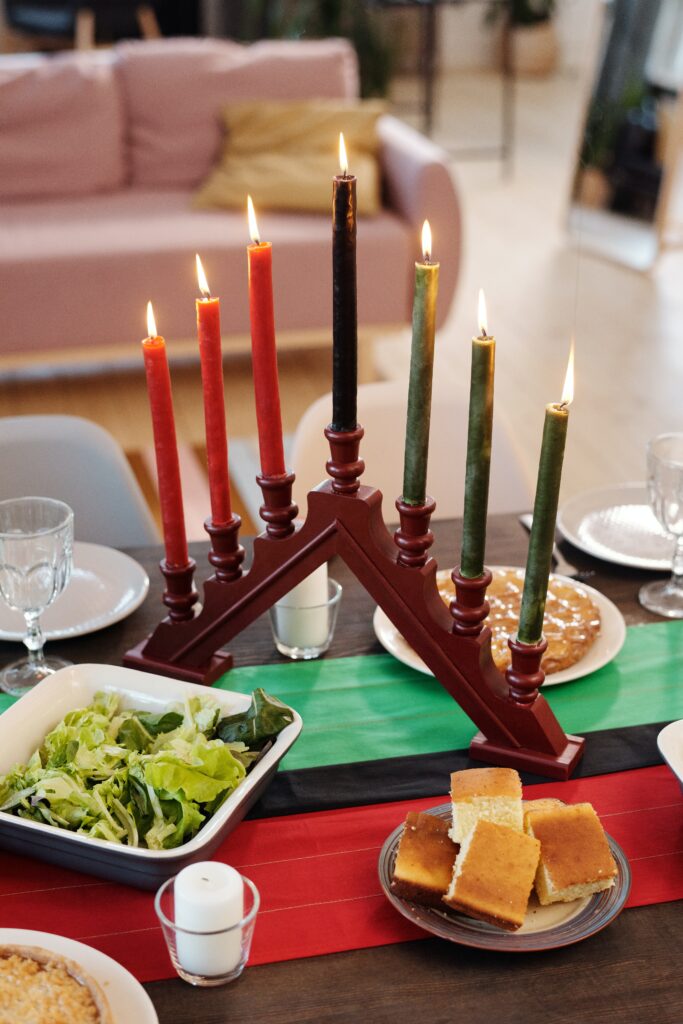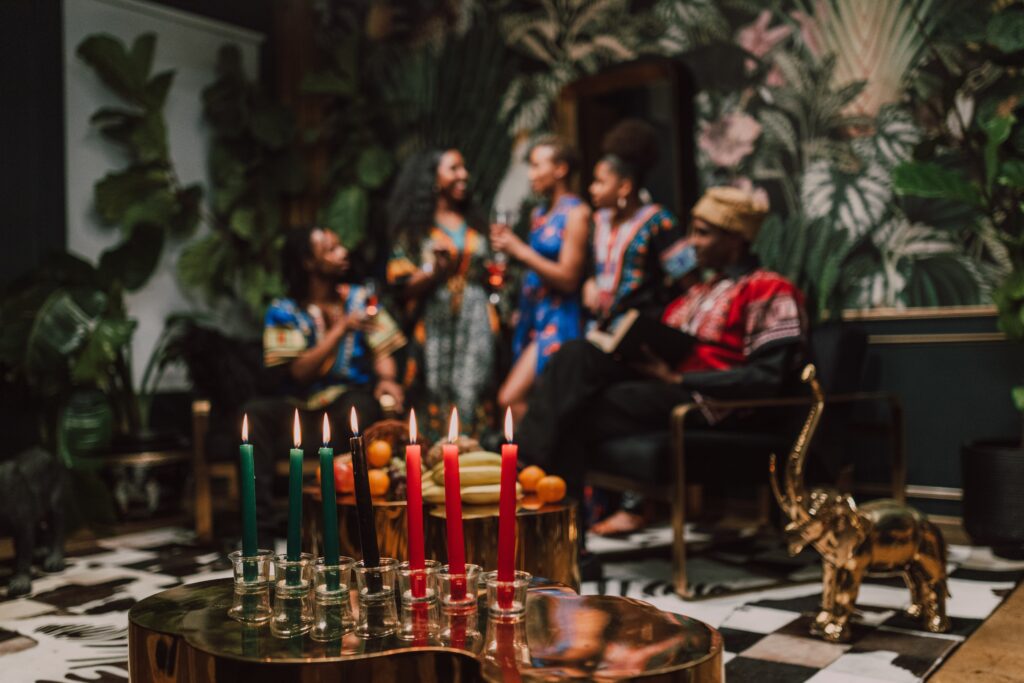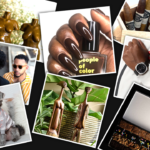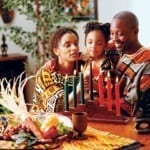I was recently musing over the 90s and what those years did for Black culture. I wouldn’t say that it was my favorite decade but I have to acknowledge the multiple ways that it reaffirmed Black, particularly African American, culture.
The television shows, the various Black-owned boutiques where Black women could purchase loose-fitting coats made of mud cloth, commercial Black art, and Kwanzaa.

While I didn’t grow up practicing Kwanzaa ritualistically within my family, I was very aware of the seven principles of the Nguzo Saba, the holiday’s symbols, and various types of celebrations. In my adult life, I’ve stood at various places on the spectrum of celebrating Kwanzaa.
There have been years where I’ve fully celebrated each principle within a community of people, lighting the kinara and the whole shebang. There were other years, namely last year, where I may have said “Habari gani?” in Facebook status and that’s it.
Most of my back and forth has stemmed from the intellectual and humanitarian in me trying to make peace with the actual holiday versus the personal transgressions of its problematic founder, Maulana Karenga.

In the spirit of Kujichagulia, however, and the fact that I’m co-founder of a startup where we celebrate Blackness 365 of the year, I felt that we’d be remiss if we didn’t acknowledge the celebration for what it’s worth. Founded in 1966, this year marks the 55th anniversary of the Pan-African holiday.
– Shantrelle P. Lewis
KWANZAA 101
Nguzo Saba (Seven Principals)
Day 1: Umoja (Unity): To strive for and to maintain unity in the family, community, nation, and race.
Day 2: Kujichagulia (Self-Determination): To define and name ourselves, as well as to create and speak for ourselves.
Day 3: Ujima (Collective Work and Responsibility): To build and maintain our community together and make our brothers’ and sisters’ problems our problems and solve them together.
Day 4: Ujamaa (Cooperative Economics): To build and maintain our own stores, shops, and other businesses and to profit from them together.
Day 5: Nia (Purpose): To make our collective vocation the building and developing of our community in order to restore our people to their traditional greatness.
Day 6: Kuumba (Creativity): To do always as much as we can, in the way we can, in order to leave our community more beautiful and beneficial than we inherited it.
Day 7: Imani (Faith): To believe with all our hearts in our people, our parents, our teachers, our leaders, and the righteousness and victory of our struggle.
Why do you still celebrate/acknowledge/practice Kwanzaa? Biggity Black Friend #1: Fahamu Pecou
#Kwanzaa is a time for pause/reflection. It is a symbolic harvest of all that the year has brought us and it begins with #umoja (unity). UMOJA symbolizes the coming together of a community. It is a reminder of why we are all here.
Each individual is like a cell in the body- though it acts independently and has a specific purpose, it is also an integral part of something much larger. UMOJA is also important because it reminds us that we are not alone. In any given year we will have highs as well as lows.
Our community is there at both extremes; to lift us in celebration and strengthen us when we despair. So let us mark the beginning of this time of reflection as one-and TOGETHER we will mourn our losses, give thanks for our blessings, and chart our tomorrows. Asé!!!
– Fahamu Pecou
UMOJA SOUNDTRACK
Queen Latifah – U.N.I.T.Y. (1993)
Self-Destruction: Various Artists (1987)
Family Reunion – The O’Jays (1975)
Subscribe and Follow SHOPPE BLACK on Facebook, Instagram &Twitter





